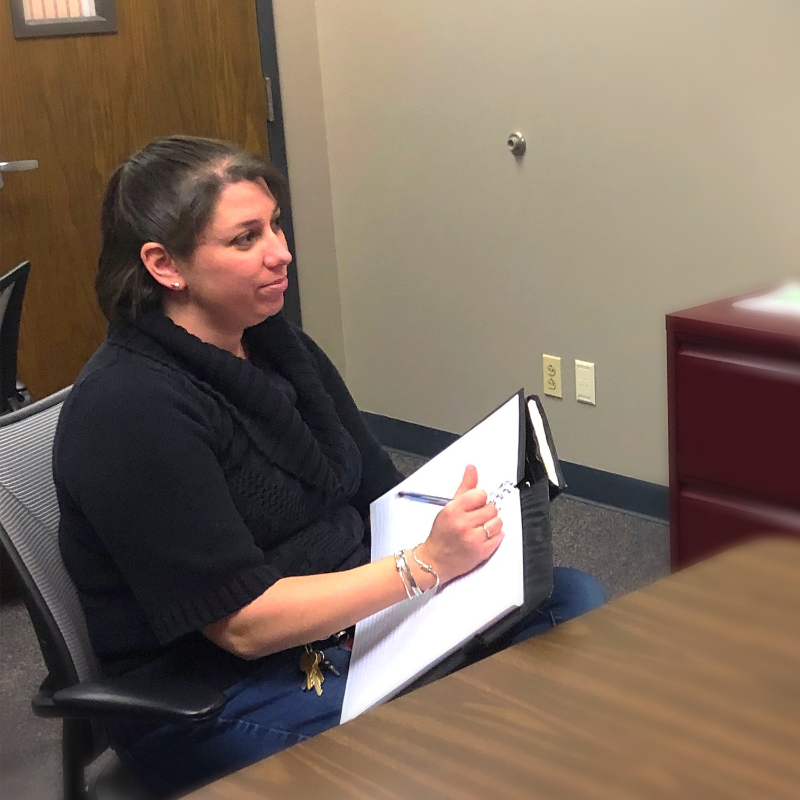
The population of West Texas has grown significantly over the last decade leading to an increased demand for Forensic Mental Health Assessment (FMHA) in the legal system.
The population of West Texas has grown significantly over the last decade, leading to an increased demand for Forensic Mental Health Assessment (FMHA) in the legal system. Approximately five percent of all criminal cases require an assessment of competency to stand trial. This has led to hundreds of cases in Lubbock and the surrounding counties per year. Many courts disregarded FMHA services as the wait time to get a forensic examiner was unacceptably long or cost-prohibitive to bring one in from out of town. This shortage of examiners made it difficult for the criminal justice system to provide quality assessment, jeopardizing its ability to offer fair and just treatment to all.
Creating a solution
In the spring of 2015, the Institute of Forensic Science (IFS) established itself as a provider of FMHA and consultation services to the West Texas area. Dr. Megan Thoen, Dr. Robert Morgan, Dr. Lucas Shaw, and Dr. Erin Lodge of Texas Tech University work together to ensure that FMHA is adequately growing in West Texas. By partnering with surrounding counties, the IFS provide services to the Lubbock, Terry, Bailey, Hockley, Cochran, Lynn, and Crosby County Courts, and to the Lubbock Private Defenders' Office for Capital Cases.
Having an impact
Over 150 legal cases have been served since the initiative began. Local examiners are now readily available, which is an asset to the community. Defendants no longer must remain in jail for extended periods of time and the process of evaluation is much more efficient. In situations where FMHA may have been disregarded due to the unavailability or high costs in the past, evaluations are now being ordered in a timely manner. “Given that the criminal justice system is widely recognized as overburdened, this partnership is essential to ensuring that marginalized individuals are not lost in the system or go without appropriate legal and mental health consideration,” said Dr. Robert Morgan.
The Institute of Forensic Science also benefits the community by providing continuing education to judges and attorneys. This includes hosting a symposium called the “Mental Illness and the Criminal Justice System: Impact and Implications” which focuses on the proper treatment of justice involved persons with mental illness and improved utilization FMHA.
On the academic side, Tech students gain valuable exposure to work in real-life legal settings. It also provides a model of community intervention in hopes that students will value this type of service in their professional careers. Doctoral students who are involved are able to work directly with any affiliated examiners. This experience allows them to be competitive for required internships and future post-doctoral fellowships.
Sustainability
The future of this program includes continued growth through the addition of other IFS-affiliated forensic examiners as the demand for services throughout the area continues to grow. It will also continue to bring recognition to Texas Tech University as a leader in the provision of quality Forensic Mental Health Assessment, consultation, and continuing education services.
For more information, contact Megan Thoen, Institute for Forensic Science, College of Arts and Sciences; phone: (806)834-1687; e-mail: megan.thoen@ttu.edu
